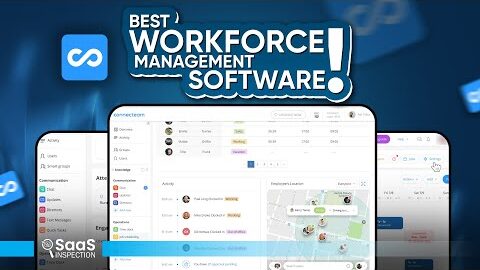SEO Roadmap for Beginners 2025: How to Start SEO for a New Website
Whether you’re launching your first website or diving into the world of digital marketing, Search Engine Optimization (SEO) is a critical part of online success. In 2025, with continuous updates in Google’s algorithm and user behavior, SEO has evolved — but the fundamentals still matter.
This SEO Roadmap for Beginners in 2025 is designed to help you:
Understand what SEO is
Learn how to start SEO for a brand new website
Follow a clear, step-by-step strategy
Let’s dive in.
What Is SEO?
Search Engine Optimization (SEO) is the practice of optimizing your website to increase its visibility when people search for products, services, or information on search engines like Google, Bing, or DuckDuckGo.
SEO is not a one-time task—it’s an ongoing process that involves:
Technical optimization
Content creation
User experience improvements
Off-page promotion
Why You Need an SEO Roadmap in 2025
Search engines are smarter than ever, using AI and machine learning to provide the best content to users. Random keyword stuffing no longer works. You need a strategic, user-focused SEO approach.
A roadmap helps you:
Stay organized
Follow a clear sequence of actions
Track performance
Avoid common mistakes
🚀 SEO Roadmap for Beginners 2025
Step-by-Step Plan to Grow a New Website Organically
✅ 1. Setup, Keyword Research & Competitor Analysis
Set up your domain, hosting, and CMS (e.g., WordPress).
Install Google Search Console & Analytics.
Research keywords using tools like Ubersuggest, Ahrefs, or Google Planner.
Analyze top-ranking competitors: content types, keywords, backlink sources.
✅ 2. On-Page SEO, Site Structure & Content Planning
Create an SEO-friendly site architecture (Home → Categories → Posts).
Plan core pages and blog topics based on keyword intent.
Optimize page titles, meta descriptions, headers, and URLs.
✅ 3. Content Creation, Blogging & Internal Linking
Publish helpful, targeted blog posts regularly.
Focus on quality, not quantity — answer user questions clearly.
Use internal links to guide users and improve crawlability.
✅ 4. Technical SEO Audit, Speed, Mobile & Schema
Fix crawl errors and submit a sitemap in Search Console.
Ensure your site is mobile-responsive and loads quickly.
Implement schema markup (e.g., FAQs, reviews, articles) for rich results.
✅ 5. Link Building, Brand Building & Ongoing Optimization
Build backlinks through guest posts, directories, and partnerships.
Be active on social media and niche forums.
Monitor traffic, rankings, and bounce rates — and keep optimizing.
✅ 6. Scale, Monitor, Repurpose & Expand
Track content performance and update old posts.
Repurpose content into videos, infographics, or social posts.
Expand into new keywords, topics, and content formats.
📌 Final Tip:
SEO takes time — but with consistency and quality, your website can grow steadily in 2025 and beyond. Stay updated, focus on value, and don’t stop improving.










